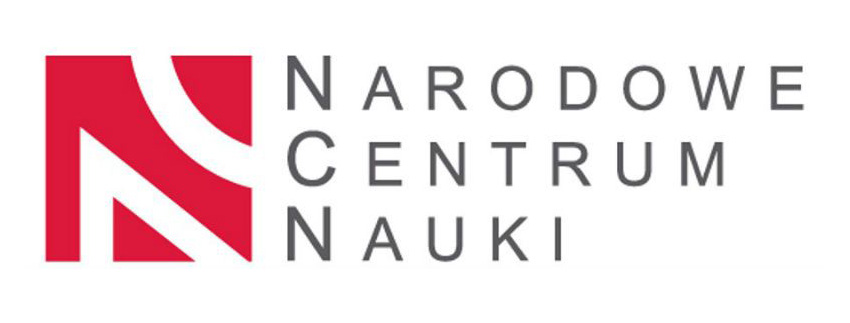NCN Opus project
Polish queens of the 15th and 16th centuries as wives and mothers
Project contract no: UMO-2021/43/B/HS3/01490
Project duration: 15.07.2022 – 14.07.2026
Head: Magdalena Biniaś-Szkopek, PhD, Professor at UAM
Project description
The two centuries indicated in the project’s title were chosen not by chance. Firstly, paradoxically, the wives of the Jagiellonian kings of Poland are among the most poorly researched in historiography (see the attached bibliography for details). Although they lived at a time when source production was already abundant, for many years historiography has left them in the shadow of their husbands, and they have been shown in both the aforementioned source accounts and in the literature to be somewhat spotty. Among the individual works on them, their political, economic or foundation activities were analysed, and only episodically and piecemeal – while the analysis of their role and activities as royal wives and mothers of children was treated episodically. Popularisers, on the other hand, were keen to describe the more sensational plots of the lives of the female rulers related to suspicions of infidelity, traces of strong emotions and elation, but rarely placing them in their proper context. Hence the importance and significance of the proposed research, as it will allow us not only to expand our knowledge of the family and private lives of the female rulers, but above all to look at their marriages and relationships with their children, and thus to take a fresh look at their influence on the politics and functioning of the Republic in the period under discussion. The reference to the 15th and 16th centuries has another important aspect of significance. In present-day historiography, this bicentennial is usually artificially divided in research – the 15th century is counted as the late Middle Ages, while the 16th century is treated as the modern era, already applying separate research methods to them. However, this period, taken as a whole, allows for a new approach showing the continuity of all the processes of interest in terms of changes in the perception of the role of the ruler’s wife and queen mother.
The grant will refer to a closed but extremely diverse group of eleven women who were the spouses of Polish kings in the aforementioned period: Anna Cylejska, Elżbieta Granowska, Zofia Holszańska, Elżbieta Rakuszanka, Helena of Moscow, Barbara Zápoyla, Bona Sforza, Elżbieta Habsburg, Barbara Radziwiłłówna, Katarzyna Habsburg and Anna Jagiellonka. It is worth emphasising their great multiplicity, both in terms of the age at which they married, the reasons why they married, their social condition and, above all, the different cultures and conditions in which they grew up.
The direct result of the project will be the results of source searches for Polish women rulers both in source editions and in archives and libraries, as well as the collection of information on the very rich, but still very scattered (only a small percentage of which has been edited) source base concerning Polish women rulers of the 15th and 16th centuries. The collected material will be further processed and analysed during the duration of the grant in order to attempt to identify the image of the female ruler as a wife and mother in the Polish-Lithuanian Commonwealth in the 15th and 16th centuries.
The results of the research will be presented in a series of articles in peer-reviewed journals (each contractor publishes one text related to the topic of the grant and resulting from one of the searches). Ultimately, we are jointly producing a monograph in a prestigious publishing house (preliminary discussions with BREPOLS). In addition, researchers and young staff will be able to present their research results at two international sessions and seminars.
„Queenship” Jagiellonek …
What is behind the term 'queenship’, which has no equivalent in Polish? Are you curious … take a look at the page where Magdalena Biniaś-Szkopek explains more than just this aspect.
